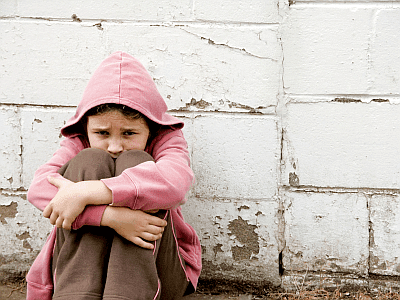
It is the duty of schools and the administrators to find out about homeless students and help them to resolve their issues. It is very important that the principal, who has legal authority to protect and assist homeless students, finds ways to do it in a dutiful manner.
If we go by rough estimates there are about 1.4 million children who are homeless. These students have special needs that are to be addressed by schools. However, the question is how to define a homeless student? To answer this federal law states, a homeless child is one who lacks regular, fixed nighttime residence. It can include situations where they live in a shared house with frequent mobility, live in motels, parking areas, cars, shelters or makeshift houses.
Most schools have standards as to how to treat homeless students and it is their responsibility that they are given their rights in schools.
In the United States there is a law called the McKinney-Vento Act that gives a homeless child the right to have a free and appropriate education. According to this law, schools have to eliminate barriers in enrollment, success and attendance for homeless students. This act was further reauthorized by another act called No Child Left behind Act (NCLB). According to this law, homeless students are to be kept in their “schools of origin” and to try to provide transportation facility to them. These homeless students are entitled to have free meals and other activities that may require some expense.
Sometimes a student is directly referred as a homeless student, but in few instances it’s the duty of the educator and school administrator to recognize homeless students. There are chances that a homeless student will make oblique reference about his residence. Here teachers have to gather information and find out the truth. Teachers have to notice the habits and activities of the child and use their judgment about them being homeless.
There can be different habitual and behavioral changes in a homeless student. Some of these changes can be:
- Sleeping in the class
- Decrease in quality of school work
- Frequently wearing same clothes
- Personal hygiene or other issues
- Regularly missing the classes
It is important that teachers respect the privacy of the student, but teachers also need to make them aware of their legal rights as homeless students so that they are able to discuss it with them. Homeless students are entitled to have the best of possible knowledge and be in the school of their origin.